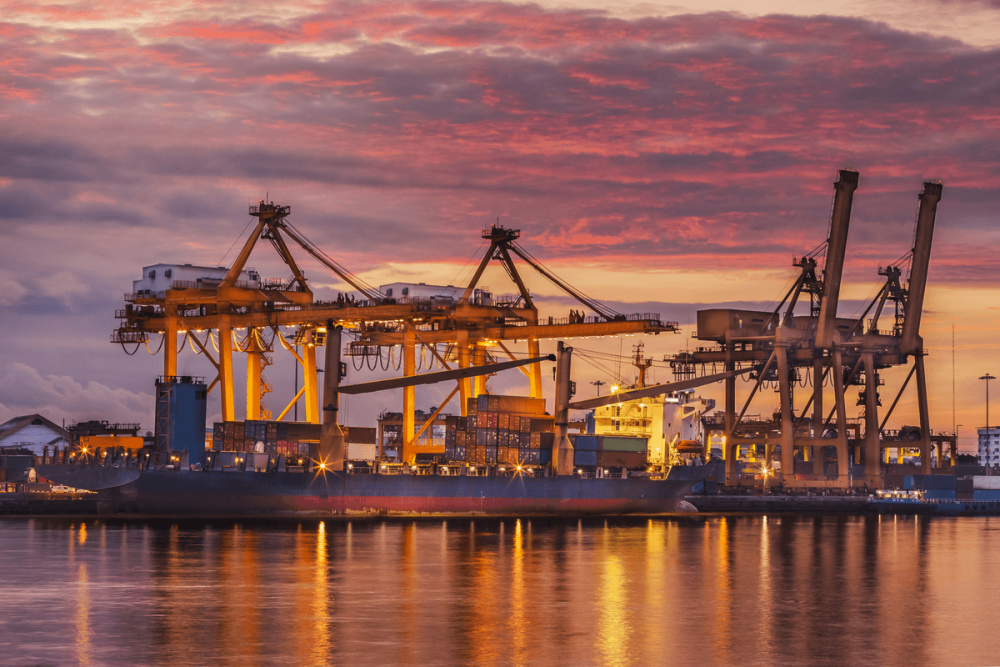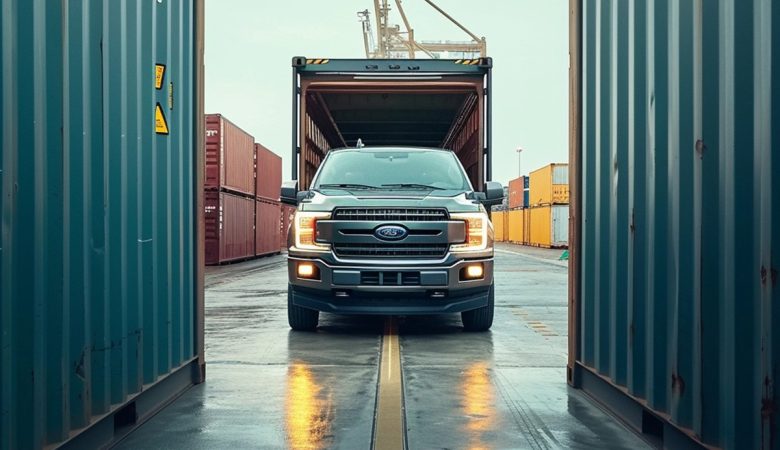As we are approaching a new year, it is exciting to take a look at some insights and trends, including the ones in logistics, that will shape our life. The year 2024 is expected to bring significant changes for the logistics industry. With advancements in technology, complicated economic situation, and evolving customer expectations, logistics companies will need to adapt and innovate to provide services to stay competitive.
So, what will define the shipping industry in the upcoming year and further? We at EasyHaul, a reliable car shipping company, have tried to explore some key trends and predictions for what the year 2024 holds for logistics. Read on to find out more details.
Development of Automation and Digitalization in Logistics

Firstly, automation and robotics are expected to play a major role in the logistics industry. Warehouses and distribution centers will increasingly use robots and autonomous vehicles for tasks such as picking and packing, inventory management, and last-mile delivery.
In addition, the customer support field will also be focused on automation in shipping to help companies provide more comprehensive service, including documentation, notifying, and dealing with clients. All these modernizations will help to increase efficiency, reduce costs, and improve accuracy.
Today, the logistics industry is harnessing the power of big data analytics to make informed and strategic choices. By analyzing vast amounts of data, companies can optimize their supply chains, improve customer satisfaction, and even predict demand volumes.
In addition, it became easier to define some important patterns in logistics that will shape the industry’s future. With the help of predictive analytics, logistics companies can forecast demand with astonishing accuracy. By analyzing historical data, market trends, and external factors, businesses can make better decisions regarding inventory management, production planning, and resource allocation.
Blockchain technology is another key trend that will define the shipping industry. It holds the potential to organize supply chains better and ensure their transparency. With blockchain, every transaction and movement of goods can be securely recorded and tracked, eliminating the need for trust between multiple parties. This transparency ensures that products will be delivered on time, match the order, and are safe for consumers.
Logistics Industry Challenges for 2024

In the face of increased expenses and economic uncertainty, manufacturers have an opportunity to invest in cutting-edge technologies. Future logistical challenges demand creative solutions and a proactive approach, with businesses needing to plan for supply chain disruptions, manage expenses, and stay flexible in response to legislative changes.
Inflation, high fuel prices, and broken supply routes affected the shipping industry heavily. To stay afloat, logistic companies will be forced to reorganize logistics chains and reduce operational spending by using different innovations, including the above-mentioned automation and digitization that will be beneficial in the long run.
Due to different challenges, we have witnessed significant disruptions affecting the global supply chain ecosystem in the last few years. The issues in shipping have been caused by geopolitics, natural disasters, and the COVID-19 pandemic consequences that we are still facing. In 2024, logistics companies will focus on identifying potential risks in their supply chains and implementing strategies to mitigate them, such as diversifying suppliers and increasing inventory buffers. The multimodal transportation, which involves the delivery of cargo by different modes of transport, will become the leading model of shipping arrangement. All this will allow for adopting flexible strategies for prompt adjustments to unforeseen circumstances, ensuring continuous operations and minimizing the impact of disturbances, to stay afloat and develop in our unstable world.
The logistics industry will still be facing a shortage of labor because of the need to cut down on operational expenses. This trend influences drivers, warehouse staff, and even skilled technical experts. At the same time, this has already caused a workforce deficit in logistics. Currently, nearly 3 million truck driver positions are unfilled around the world, and this number will double in 2028, according to the IRU report. Additional challenges include the demand for specialized skills and an aging workforce. Creating appealing work environments will help attract and retain talent, while competitive compensation packages can effectively mitigate employee turnover.
Summing Up
The logistics industry will experience significant changes in 2024 as a result of various trends. And these trends will also define the development of other industries, since a huge part of the economy relies on supply chains and shipping. Looking ahead and planning their business activities, logistics companies are forced to adapt swiftly to all the challenges they will face in 2024 and further.
If you want reliable vehicle shipping services despite any challenges around, EasyHaul is here to lend you a hand. Get your shipping quote, create an account, upload a copy of your government-issued ID or passport, order delivery services from EasyHaul, and forget about problems when transporting your car. If you have any specific requirements concerning the haul organization, fill in our online form or call us at +1 (360) 776-3596 (6:00 AM – 4:00 PM Pacific Standard Time, Monday to Friday).





Leave a Reply
You must be logged in to post a comment.